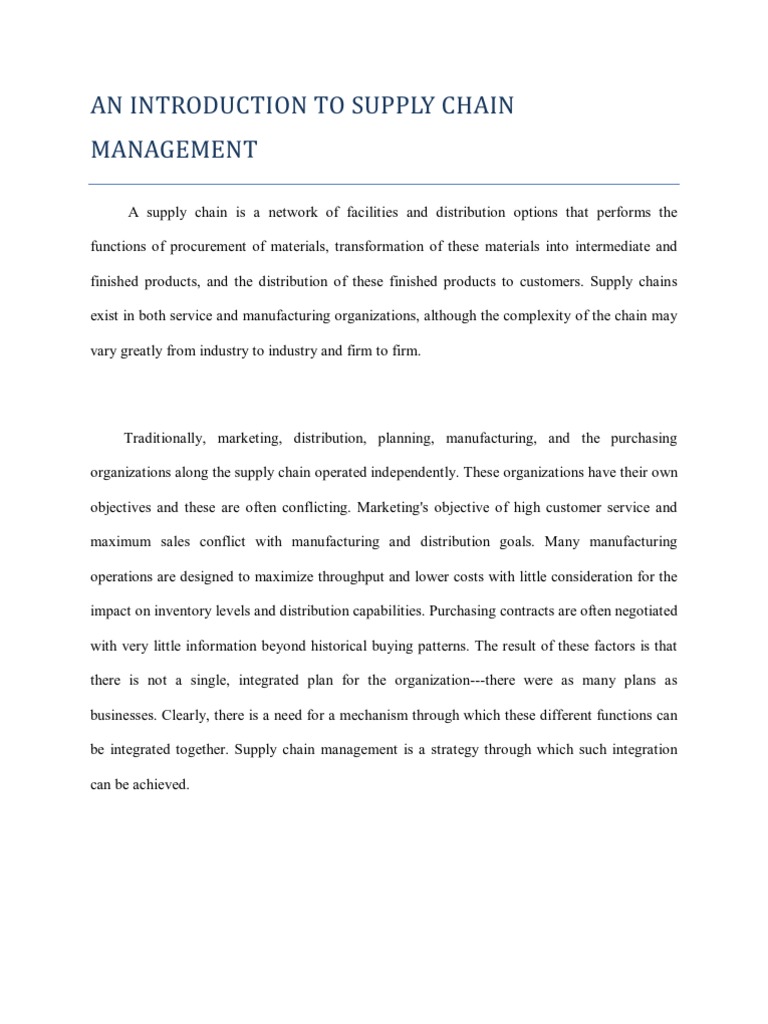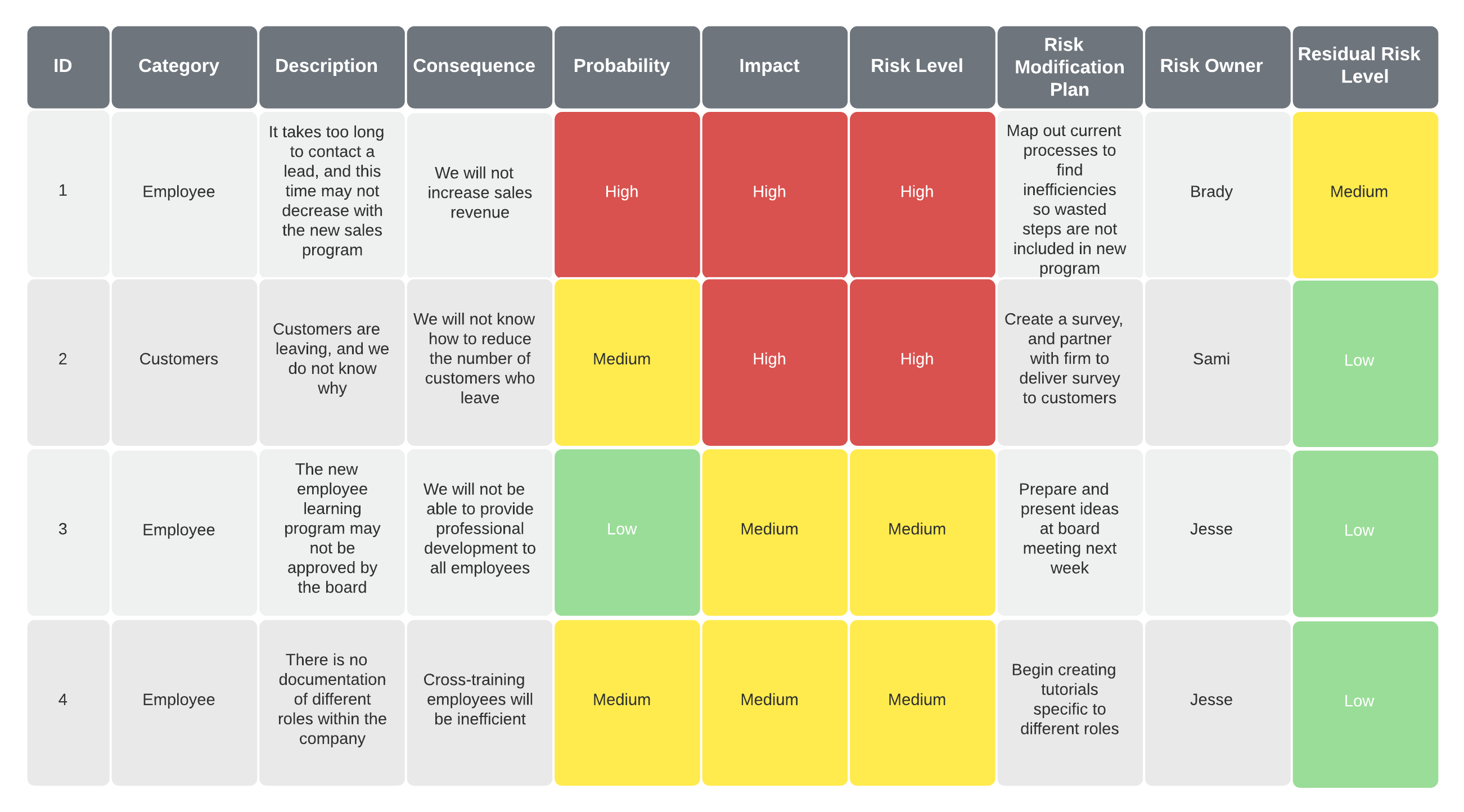
Before you make a decision about whether to obtain a Human resource management certification or a degree in HR, you need to know the advantages and disadvantages of each. In this article, you'll learn more about the benefits of a degree in HR and the different certifications available. Learn more about the aPHR, GPHR and other certifications. Both are beneficial, but you should be sure to choose the one that fits your career aspirations best.
Human resource management certificate
Choosing a human resource management certificate over a degree will help you find a career that matches your personal and professional goals. Some certificate programs can be subsets for degree programs. Make sure to verify that the underlying program is compliant with the SHRM's curriculum guidelines. Certificate programs are a convenient and fast way to get the training that your needs. If you'd like to work in human resources but don't have the time or money to pursue a full degree, a certificate is a great option.
Human resource management degree
There are many ways to continue your education in HR. A certificate can be earned in this field or you can get a Human resources management degree. Certificate programs focus on practical application rather than theoretical knowledge. Graduates of these programs can apply the skills they learn in the classroom to their current job. Certificate programs are also available online. These programs are also flexible in scheduling and can be used by working professionals.

GPHR Certification
An excellent way to further your career is to earn a certificate or degree in Human Resource Management. Both types of programs offer many benefits, including higher starting salaries and long-term career advancement. In addition to teaching the fundamentals of HR, a degree program will also allow you to apply theoretical knowledge in practical situations. Many employers prefer candidates with graduate-level education. Moreover, HR professionals who earn a bachelor's degree often get financial aid to further their education, such as a grant.
aPHR certification
If you're looking for a career in human resources, a certificate is an excellent option. A certificate program, while it might be more expensive than a degree in human resources, can offer more flexibility and a higher level of expertise. A certificate program will provide students with the skills necessary to land a top-level HR job. A certificate program has a lot more flexibility than a degree. You can begin your program either in the spring or fall depending on what time you have available. These programs emphasize flexibility and leadership.
aPHR program
There are several important things to remember when choosing a Human Resource Management program certificate program over a university degree. People who want to acquire new skills or further education can benefit greatly from a certificate program. These programs can be accessed online and provide the knowledge and skills that students need to succeed in the chosen field. A certificate program offers more flexibility than a degree program. If you're already working in this field, you could choose to get a certificate in human resource management without a degree.
Online certificate programs
Your career goals will determine which degree you choose between an online certificate program in human resource management and one that is a degree. You can choose one of the many HR certifications available, regardless of whether you are looking to become a recruiter or a strategist. You don't need to have a bachelors degree in HR management to get a job. There are certificate programs for graduates and post-bachelors. The certificate programs are generally shorter than a degree, but you'll still learn a lot about the field.

Transfer credits
If you are considering a career in human resources, a certificate or degree may be the right choice for you. The field of human resources requires a variety of skills and knowledge. Some employers will hire people based only on their experience. Others will choose people based upon their education and training. You can get an associate degree, but you will be able to advance your career prospects by pursuing higher education.
FAQ
How does Six Sigma work
Six Sigma uses statistical analysis to find problems, measure them, analyze root causes, correct problems, and learn from experience.
First, identify the problem.
The next step is to collect data and analyze it in order to identify trends or patterns.
Then, corrective actions can be taken to resolve the problem.
The data are then reanalyzed to see if the problem is solved.
This cycle will continue until the problem is solved.
What are the most important management skills?
Business owners need to have management skills, no matter how small or large they may be. They include the ability to manage people, finances, resources, time, and space, as well as other factors.
You will need management skills to set goals and objectives, plan strategies, motivate employees, resolve problems, create policies and procedures, and manage change.
As you can see there is no end to the number of managerial tasks.
What are management concepts?
Management concepts are the fundamental principles and practices that managers use when managing people and their resources. They include such topics as human resource policies, job descriptions, performance evaluations, training programs, employee motivation, compensation systems, organizational structure, and many others.
Statistics
- The profession is expected to grow 7% by 2028, a bit faster than the national average. (wgu.edu)
- The average salary for financial advisors in 2021 is around $60,000 per year, with the top 10% of the profession making more than $111,000 per year. (wgu.edu)
- The BLS says that financial services jobs like banking are expected to grow 4% by 2030, about as fast as the national average. (wgu.edu)
- UpCounsel accepts only the top 5 percent of lawyers on its site. (upcounsel.com)
- 100% of the courses are offered online, and no campus visits are required — a big time-saver for you. (online.uc.edu)
External Links
How To
How do you implement a Quality Management Plan (QMP)?
QMP (Quality Management Plan), introduced in ISO 9001,2008, provides a systematic method for improving processes, products, or services through continuous improvement. It is about how to continually measure, analyze, control, improve, and maintain customer satisfaction.
QMP is a common method to ensure business performance. QMP's goal is to improve service delivery and production. QMPs should cover all three dimensions - Products, Processes, and Services. When the QMP includes only one aspect, it is called a "Process" QMP. If the QMP is focused on a product/service, it's called a QMP. QMP stands for Customer Relationships.
When implementing a QMP, there are two main elements: Scope and Strategy. These are the following:
Scope: This describes the scope and duration for the QMP. For example, if your organization wants to implement a QMP for six months, this scope will define the activities performed during the first six months.
Strategy: These are the steps taken in order to reach the goals listed in the scope.
A typical QMP consists of 5 phases: Planning, Design, Development, Implementation, and Maintenance. Below is a description of each phase:
Planning: This stage determines the QMP goals and prioritizes them. In order to fully understand and meet the needs of all stakeholders involved in this project, they are consulted. Once the objectives and priorities have been identified, it is time to plan the strategy to achieve them.
Design: This stage involves the creation of the vision, mission, strategies and tactics necessary to implement the QMP successfully. These strategies can be implemented through the creation of detailed plans.
Development: Here, the development team works towards building the necessary capabilities and resources to support the implementation of the QMP successfully.
Implementation involves the actual implementation using the planned strategies.
Maintenance: This is an ongoing process to maintain the QMP over time.
In addition, several additional items must be included in the QMP:
Stakeholder Involvement: Stakeholders are important for the success of the QMP. They should actively be involved during the planning and development, implementation, maintenance, and design stages of QMP.
Project Initiation: It is essential to have a clear understanding about the problem and the solution before you can initiate a project. In other words, they must understand the motivation for initiating the project and the expectations of the outcome.
Time Frame: It is important to consider the QMP's time frame. If you plan to implement the QMP for a short period, you can start with a simple version. You may need to upgrade if you plan on implementing the QMP for a long time.
Cost Estimation. Cost estimation is another crucial component of QMP. Planning is not possible without knowing the amount of money you will spend. Therefore, cost estimation is essential before starting the QMP.
QMPs are more than just documents. They can also be updated as needed. It changes with the company. So, it should be reviewed periodically to make sure that it still meets the needs of the organization.